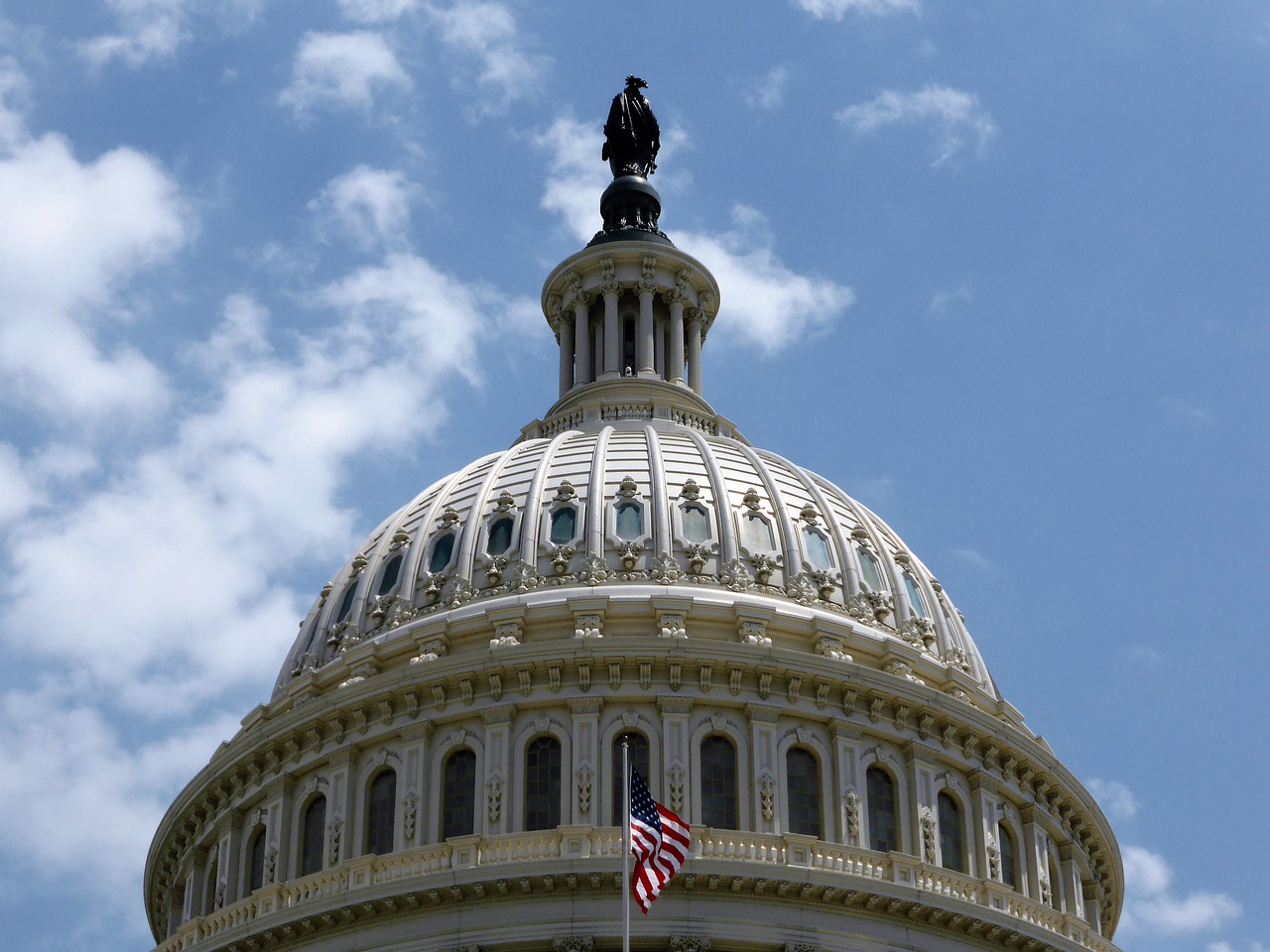San Francisco to Clear Thousands of Marijuana Convictions
The city of San Francisco, California will retroactively apply the state’s new marijuana legalization laws to every cannabis case in the city since 1975.
On Wednesday, San Francisco District Attorney George Gascón announced that thousands of people with misdemeanor convictions for marijuana possession dating back 40 years will have their criminal records cleared.
Proposition 64, which was passed in November 2016, legalized the recreational use of marijuana for citizens aged 21 and older and allowed the possession of up to one ounce of cannabis. The legislation also reduced criminal penalties and allowed those with past marijuana convictions to ask a court to reduce or dismiss their case.
Rather than have individuals undergo the costly and time-consuming process of petitioning the courts, Gascón said San Francisco prosecutors will review and wipe out convictions en masse.
Expungement relief is available under #Prop64, but it requires people to know about the available relief and to retain an attorney to file the petition. Instead of waiting for the community to take action, we’re taking action for the community!
— George Gascón (@GeorgeGascon) January 31, 2018
3,038 misdemeanors will immediately be dismissed, and as many as 4,900 felony marijuana charges could possibly be reduced and resentenced. This decision will affect thousands of city residents whose misdemeanors or felony convictions affect their chances of employment, housing, and other benefits.
“While drug policy on the federal level is going backwards, San Francisco is once again taking the lead to undo the damage that this country’s disastrous, failed drug war has had on our nation and on communities of color in particular,” Gascón said in a statement.
Lieutenant Governor Gavin Newsom agrees with the move. “This example, one of many across our state, underscores the true promise of Proposition 64 ― providing new hope and opportunities to Californians, primarily people of color, whose lives were long ago derailed by a costly, broken and racially discriminatory system of marijuana criminalization,” Newsom said in a statement. “This isn’t just an urgent issue of social justice here in California – it’s a model for the rest of the nation.”




